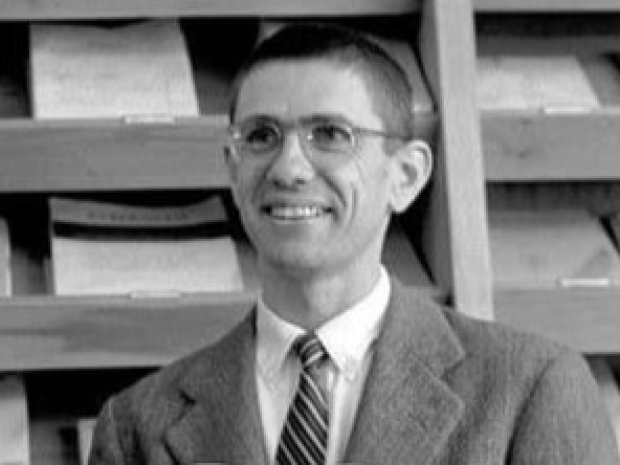Kurtz, alongside his colleague John Kemeny, made significant contributions to academic computing in the 1960s, paving the way for greater accessibility to computer programming.
Born on February 22, 1928, in Oak Park, Illinois, Kurtz graduated from Knox College in 1950 and earned his PhD in mathematics from Princeton University in 1956. His early career was marked by a rare opportunity to work on the pioneering SWAC machine at UCLA, one of the earliest electronic computers in the United States.
Upon joining Dartmouth, Kurtz and Kemeny developed the Dartmouth Timesharing System (DTSS) and the BASIC programming language. BASIC was designed to make programming accessible to undergraduates, and DTSS allowed multiple students to use BASIC simultaneously via Teletype terminals.
Launched on May 1, 1964, DTSS was the first successful, large-scale timesharing system, and by the autumn of that year, hundreds of students were exploring programming on campus.
BASIC quickly became popular, influencing multiple generations of computers, from mainframes to microcomputers. Harvard students Bill Gates and Paul Allen wrote their first version of BASIC for the MITS Altair 8800 in 1978, helping to propel the personal computer revolution.
Kurtz held several significant positions throughout his career, including director of the Kiewit Computation Center at Dartmouth and director of the Office of Academic Computing.
In 1983, he co-founded True BASIC to develop educational software and a platform-independent BASIC compiler. Kurtz also played a crucial role in developing BASIC standards, serving on various committees and panels, and was inducted as a Fellow of the ACM in 1994.




